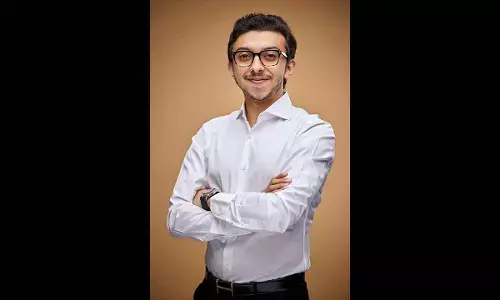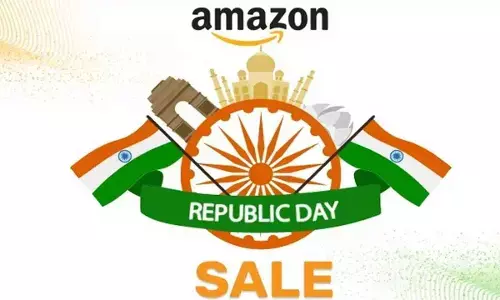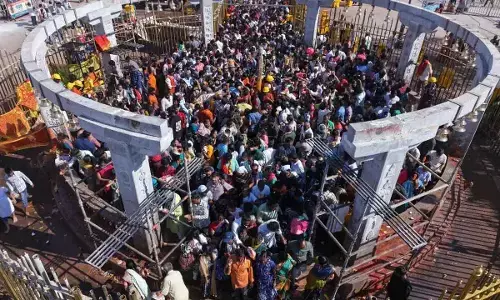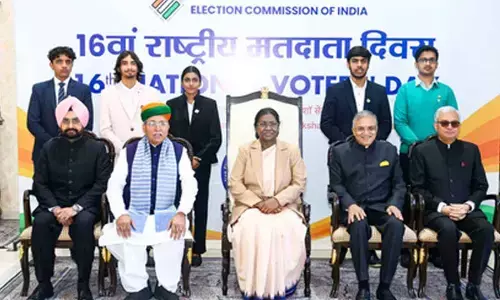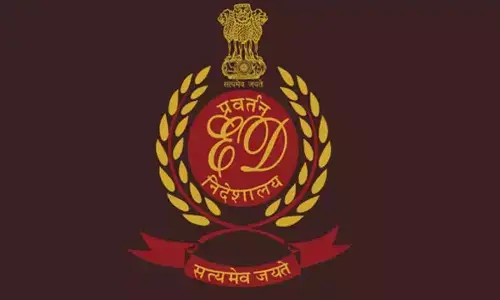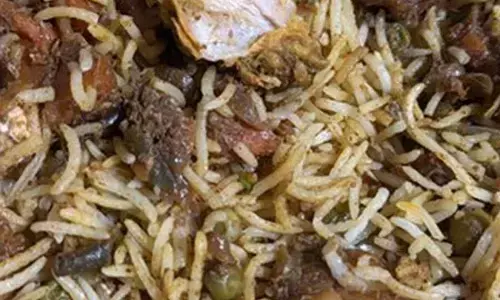World Environment Day 2021: Recycle Man of India, Makes Bricks using Discarded Masks & PPE Suits
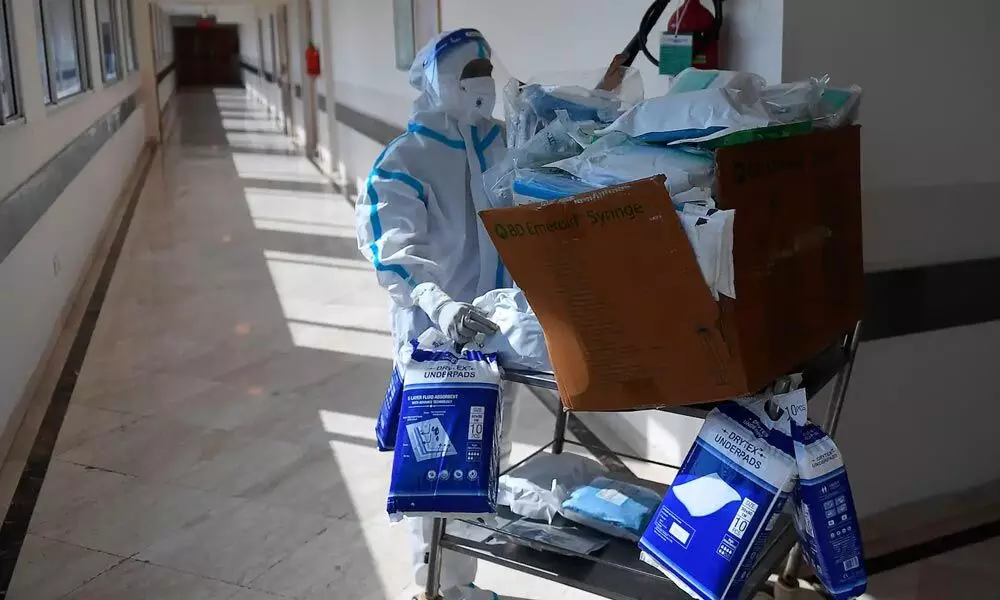
World Environment Day 2021: Recycle Man of India, Makes Bricks using Discarded Masks & PPE Suits
World Environment Day 2021: Last year, in the month of April, Lockdown was announced in the entire nation, everyone were talking about, as to how the lockdown would help curb the spread of corona and also help reduce population.
World Environment Day 2021: Last year, in the month of April, Lockdown was announced in the entire nation, everyone were talking about, as to how the lockdown would help curb the spread of corona and also help reduce population. But, at that time, Binish Desai was thinking out of the box, as to what would happen to rising demand for both PPE suits and Mask would lead to, he was sure, that it would definitely create unwanted impact on our environment. Hence, he started working towards finding a solution to recycle discarded face mask and PPE Suits.
He began to study as to what material the masks are made of, they are usually made of non-woven fibre. Binish Desai, started collecting used mask from his family members to study them, as to what type of material and how it can be recycled. He dumped the used masks into a bucket of disinfectant for two days, before he began to use them to work on it. He then, mixed them, with special type of binder, which he created in his lab.
Desai, to check the material's tenacity, he conducted small prototype experiments and he started to begin exploring various combinations of binders. For making these bricks, the successful ratio was 52% PPE +45% paper waste +3% binder.
In the Forbes "30 under 30" Asia 2018 list of successful social entrepreneurs, Desai, has been featured.
His next step was creating Eco-Bins, to collect PPE waste. Then, he contacted the municipal corporations as well as local bodies to set these up across Surat and Valsad, he also tried to tie up with private hospitals, salons, malls to place the bins. The other significant step is, obtaining NOC from the Gujarat Pollution Control Board to conduct the mass collection as well as recycling of the waste.
After following proper sanitation protocols, the materials are shredded and then added to the industrial paper waste procured from paper mills and they are mixed with a binder. The above mix is kept for around 5 to 6 hours before they are set in moulds. Then the bricks are naturally dried for about 3 days and the product is then ready for use. he added.
Both safety and hygiene are very important, while dealing with medical waste and Binish Desai, explains that, they follow Central Pollution Control Board guidelines. PPE waste should be kept untouched for nearing to 72 hours before disposal, says Desai. So the Eco Bins would be opened 72 hours later and the waste would be 1st washed in a pool of disinfectant.
Binish Desai's team, has worked with nearing to 106 different types of waste, which include jeweler units, textile scraps, coffee waste, paper surplus etch, in order to create more than 180 products such as, wall and acoustic panels, paver blocks, home décor artefacts and more. The above non-woven material falls under the biomedical category, but once they are sanitized they are easy to handle when compared to other products such as diapers and surgical gloves. He added, he is also looking at recycling the PPE kits, in other innovative ways.
Desai, has compared these bricks with AAC blocks, red bricks and his P-block, which has been used to construct toilet as well as houses across Gujarat and Maharashtra and in Hyderabad and Varnasi. The new variant, Brick 2.0 is stronger and also very durable, this makes it more times stronger when compared to conventional bricks at twice the size and when comes to price, it is only half. He added, it is also fire retardant, recyclable and it absorbs less than 10% water.
The price of new brick would be sold at the same rate as the p-block, at Rs.2.8 per piece. Desai, stated he had been receiving enquiries and pre-orders from architects and interior designers.








